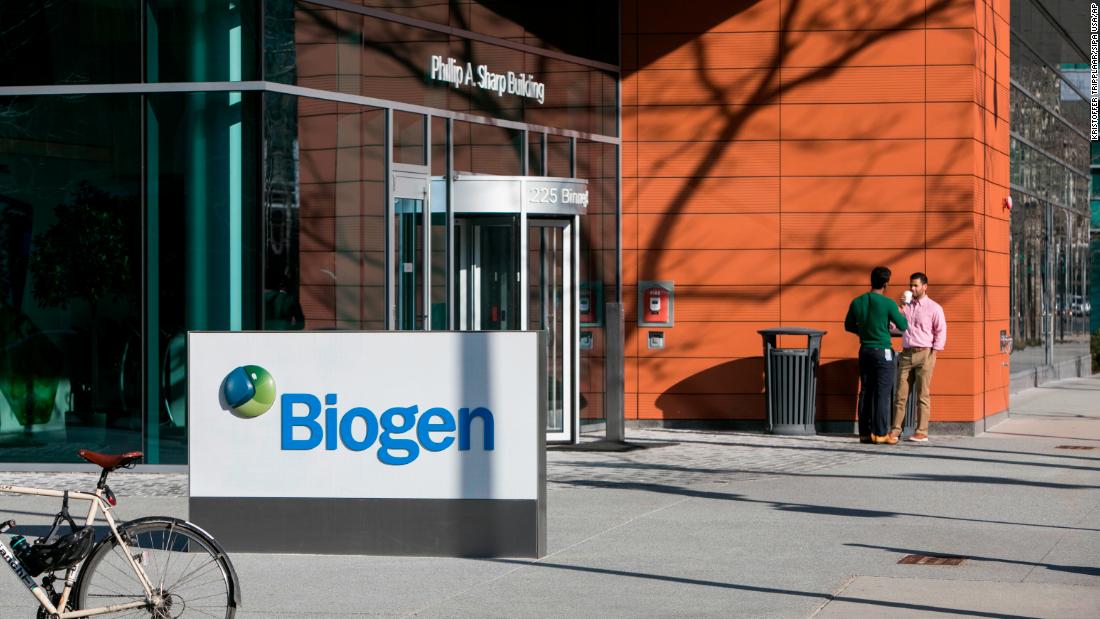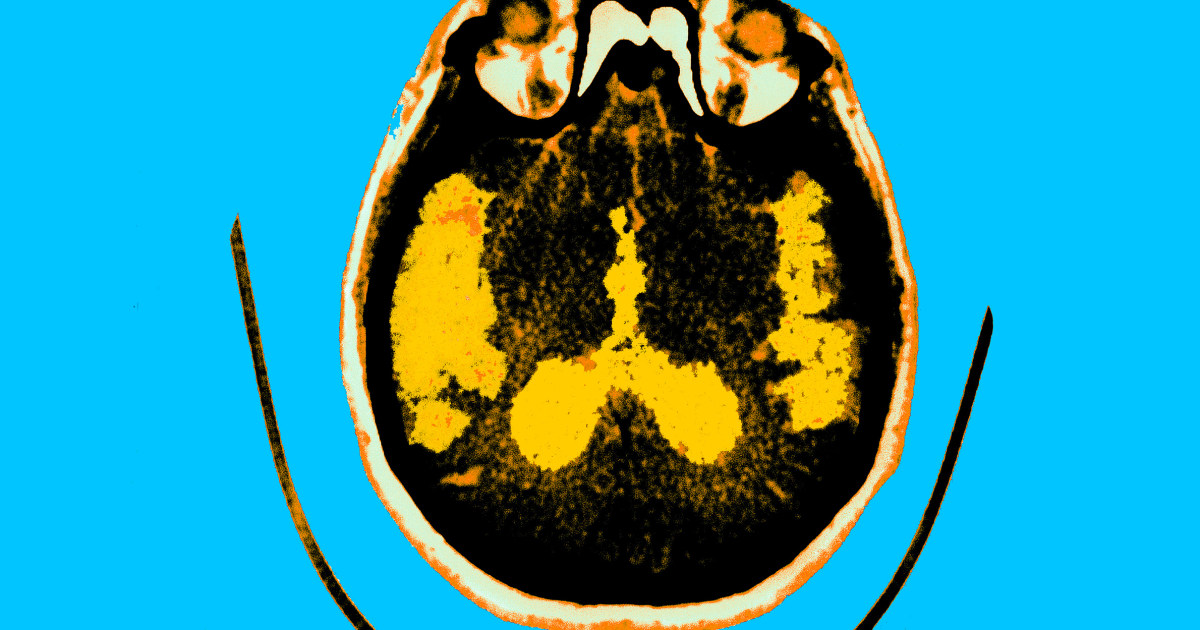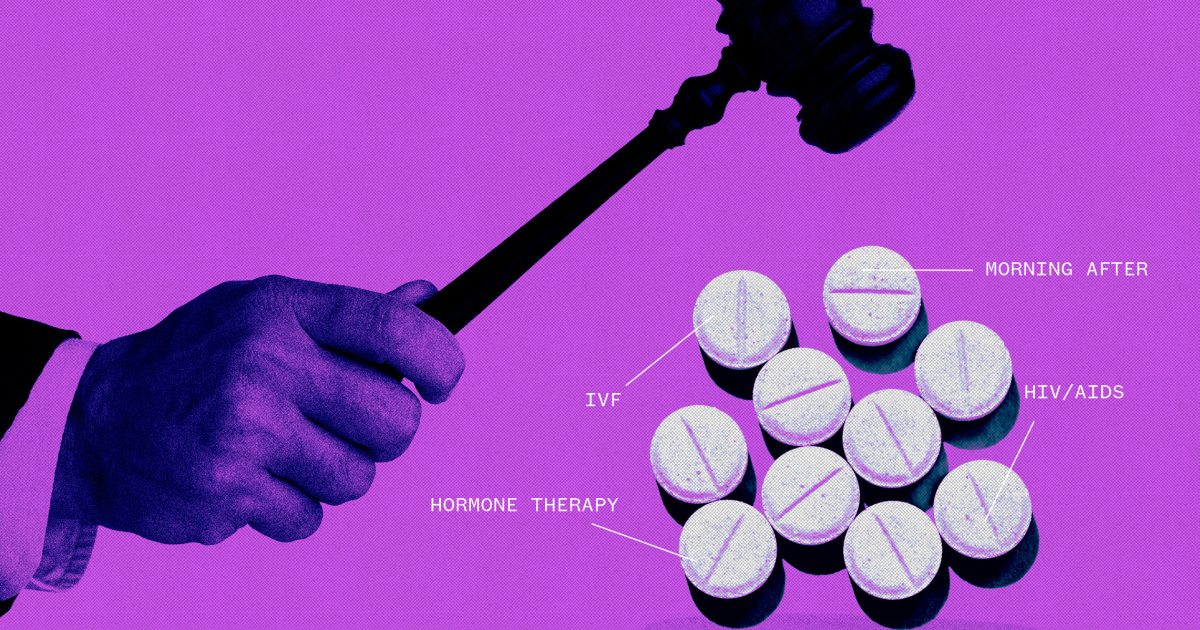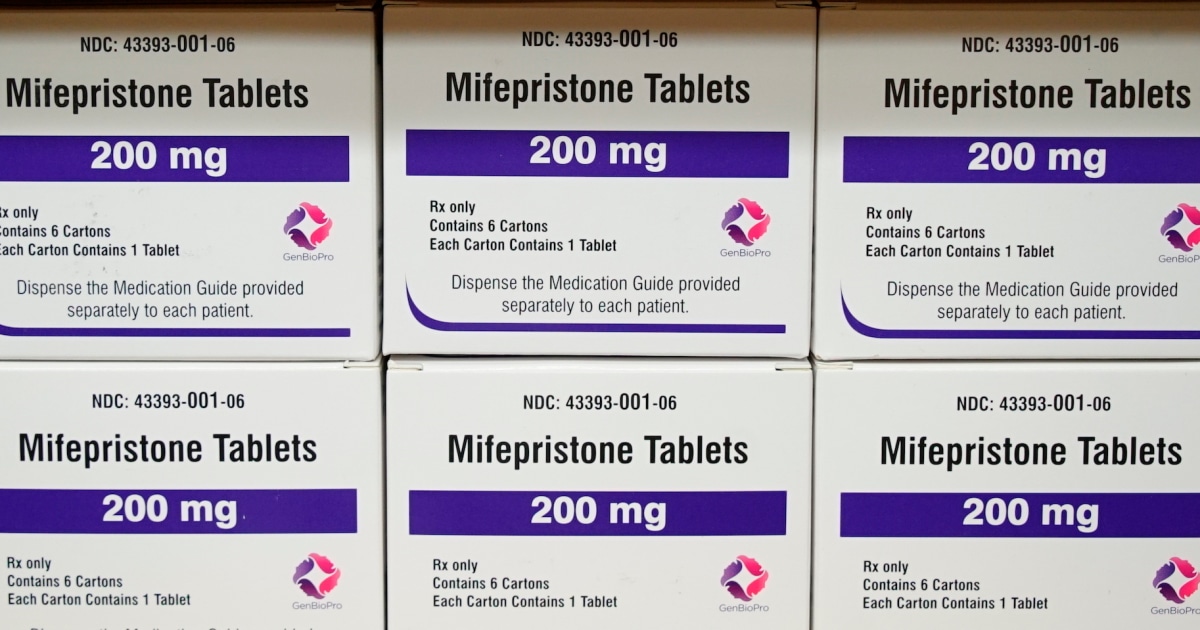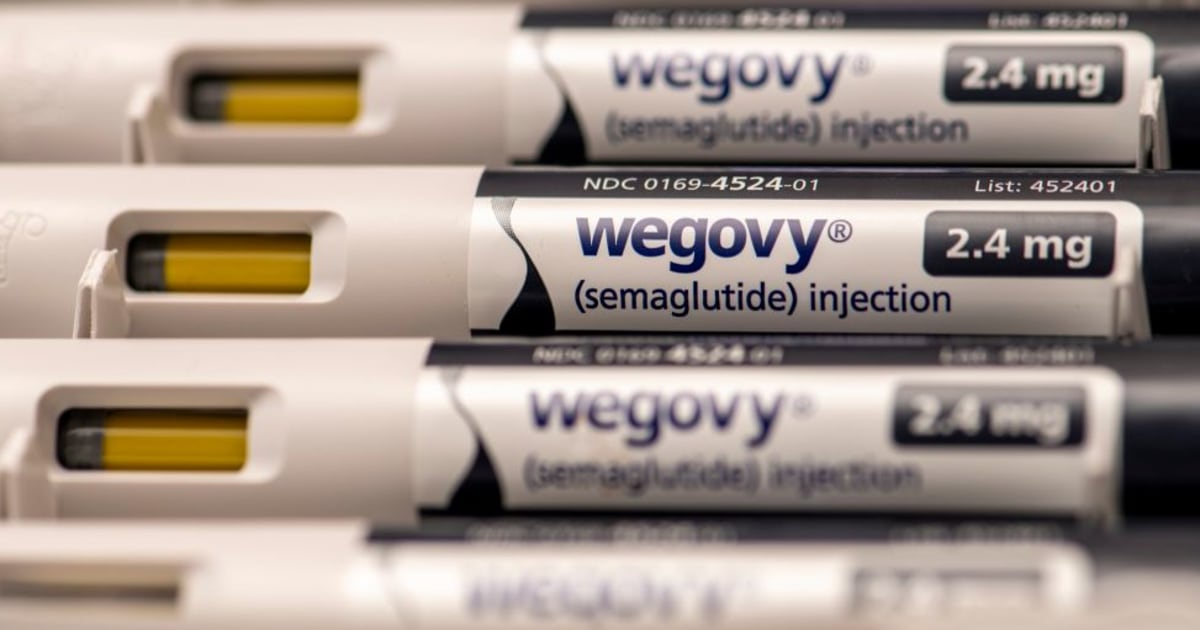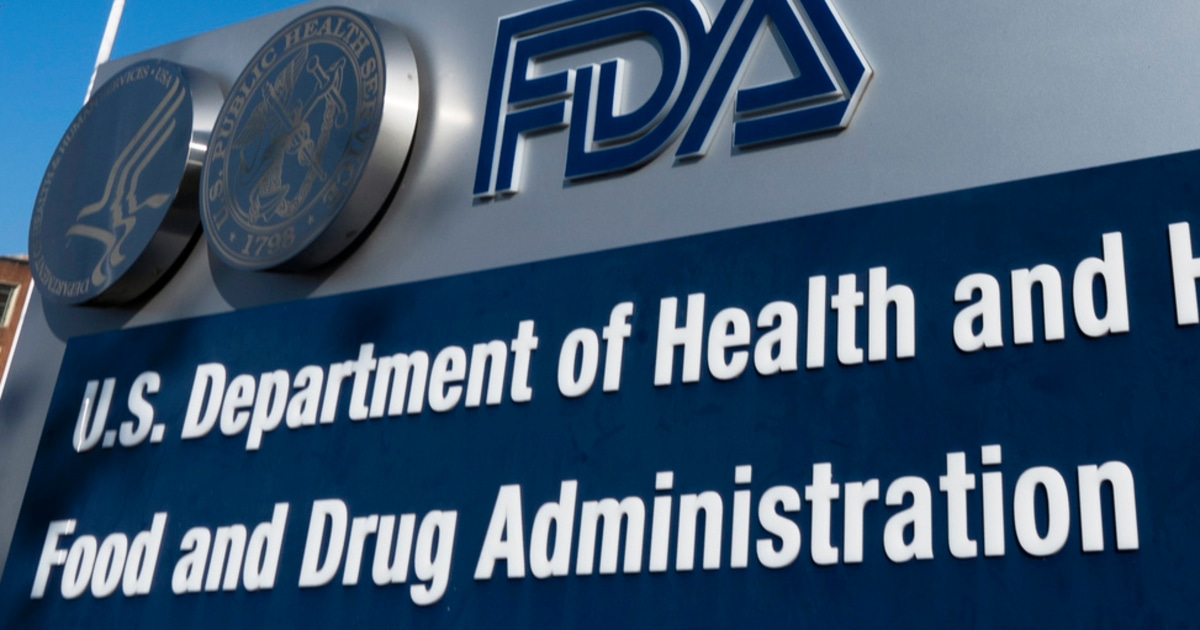- Click to share on Facebook (Opens in a new window)
- Click to share on Twitter (Opens in a new window)
- Click here to share on LinkedIn (Opens in a new window)
- Click to email a friend (Opens in a new window)
(CNN) - In an unexpected change, pharmaceutical giant Biogen said it will seek approval from the U.S. Food and Drug Administration (FDA) for aducanumab, an experimental treatment for early Alzheimer's disease, Biogen and its Japanese partner Eisai announced Tuesday.
MIRA: The new best friend of Alzheimer's patients
Phase 3 clinical studies of aducanumab were suspended in March because the results of a futility analysis found that they were unlikely to achieve their main objectives at the end.
On Tuesday, Biogen announced that a new analysis, which included more patients, showed a significant reduction in clinical deterioration in one trial. The results for some patients in another study also support those findings.
The data showed that patients who received aducanumab experienced significant benefits in measures of cognition and function, including memory, orientation and language, according to Biogen.
MIRA: New findings in Alzheimer's research and the flu vaccine
"I really hope these new tests will work," said Dr. Richard Isaacson, director of the Alzheimer's Prevention Clinic at Weill Cornell Medicine in New York, who had patients in the original clinical studies.
"I am not surprised that a new analysis of the data has shown something positive," he said, adding: "I think there will probably be ongoing regulatory obstacles."
In addition, the medication could be extremely expensive, Isaacson said.
“The complicated aspect here is that I would not be surprised if additional analyzes, with larger (numbers), with higher doses, show signs in the general analysis of the population or subgroups, but will it be enough for the FDA to approve this from a regulatory perspective? Would payers reimburse you? I don't know, but I hope so, ”he said.
"We have hopes"
The Biogen company said it will submit an application to the FDA in early 2020 and continue talks with regulatory authorities in Europe and Japan. It will also offer access to aducanumab to eligible patients previously enrolled in phase 3 studies.
"This is the result of innovative research and is a testament to Biogen's firm determination to follow science and do the right thing for patients," Biogen chief executive Michel Vounatsos said in the company's announcement Tuesday. .
READ: New experimental blood test could change the lives of patients with Alzheimer's disease
"We hope to offer patients the first therapy to reduce the clinical decline of Alzheimer's disease and the possible implication of these results for similar approaches aimed at beta amyloid," he said.
The "amyloid hypothesis" says that the accumulation of beta-amyloid in the brain is the main cause of the disease that destroys memory. The hypothesis has been the driving force behind Alzheimer's research for more than 20 years.
However, most attempts to develop drugs targeting amyloids in people with the disease have failed.
At the end of 2016, Eli Lilly solanezumab did not exceed the benefits of placebo in a phase 3 trial of 2,100 patients. In 2013, Pfizer discarded another antibody, bapineuzumab, when it did not overcome the effects of placebo in another Phase 3 trial. Experts suggest that advanced stages of Alzheimer's disease among study participants in both trials could have contributed to failures. .
Merck used a different approach to combat beta-amyloid in people with late-stage Alzheimer's with their BACE verubecestat inhibitor, but admitted defeat in early 2017 after an independent study found that it "had virtually no chance" of functioning. A second attempt to treat the early stages of alzéhimer was also ruled out in February.
LOOK: “Something happens to my hero”: this is how Víctor Manuelle changed his dad's Alzheimer's life
The Johnson & Johnson BACE inhibitor atabecestat, designed to slow cognitive decline in people at risk of Alzheimer's disease, was also eliminated in May 2018 when liver enzymes increased in study participants.
Waiting in advance
Alzheimer's disease is the sixth leading cause of death in the United States. Approximately 5.8 million people in the United States currently live with Alzheimer's, and are expected to increase to almost 14 million by 2050.
The Alzheimer's Association applauded Biogen for seeking regulatory approval for aducanumab.
“The Alzheimer's Association is encouraged to learn that Biogen will seek FDA regulatory approval for the aducanumab investigational drug, based on the results of Phase 3 clinical trials of the EMERGE and ENGAGE studies, and other related data, after of finding a reduction in cognitive and functional functions decrease in people taking the high dose, ”said Maria Carrillo, scientific director of the Alzheimer's Association, in a statement written Tuesday.
"We look forward to reviewing a full report of the findings mentioned in today's Biogen announcement."
Sandee LaMotte of CNN contributed to this report.
Alzheimer's

